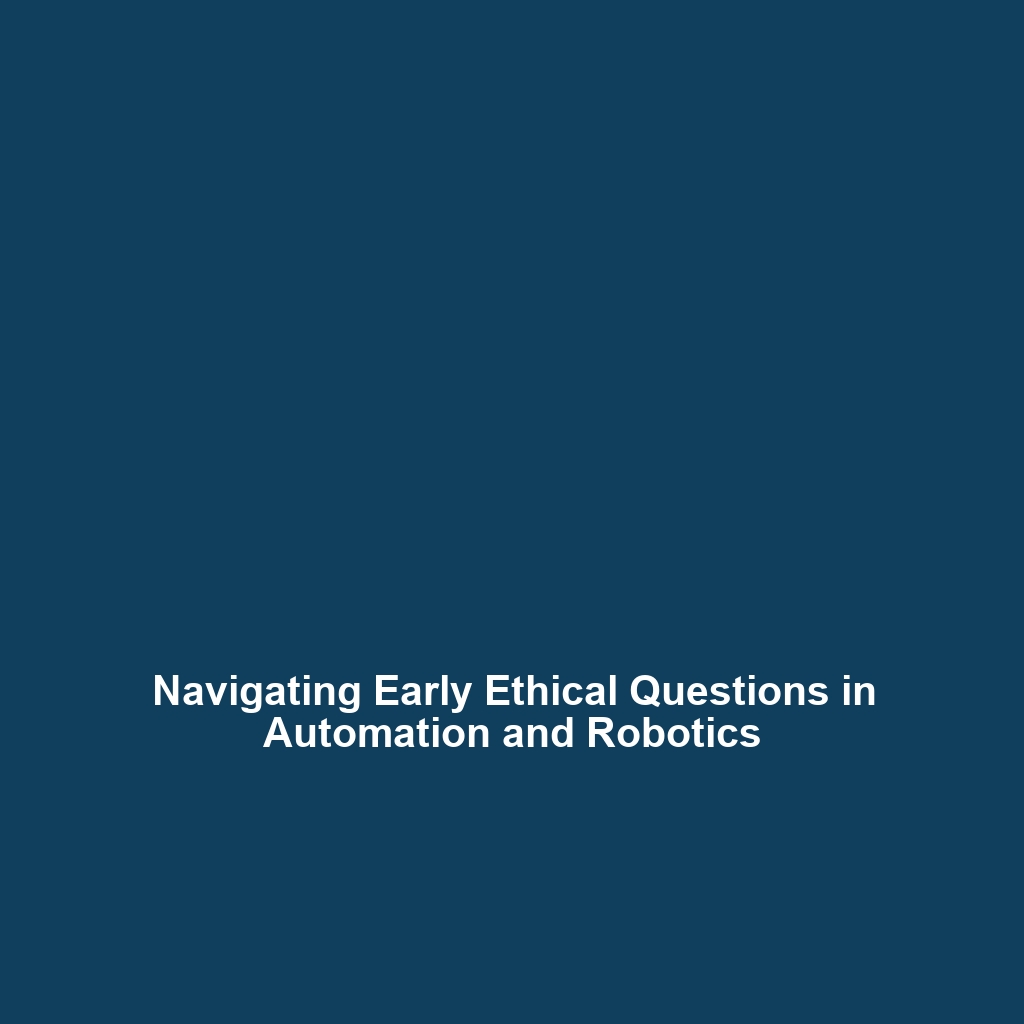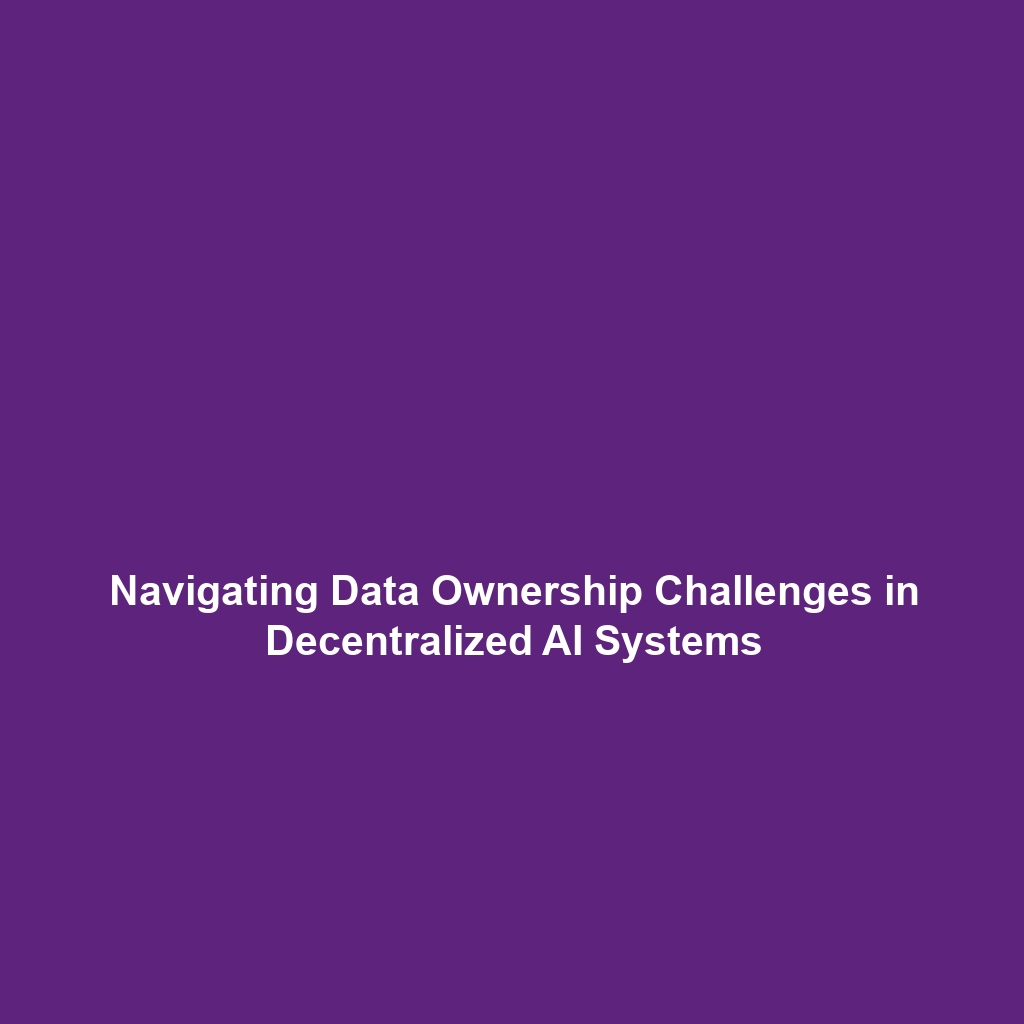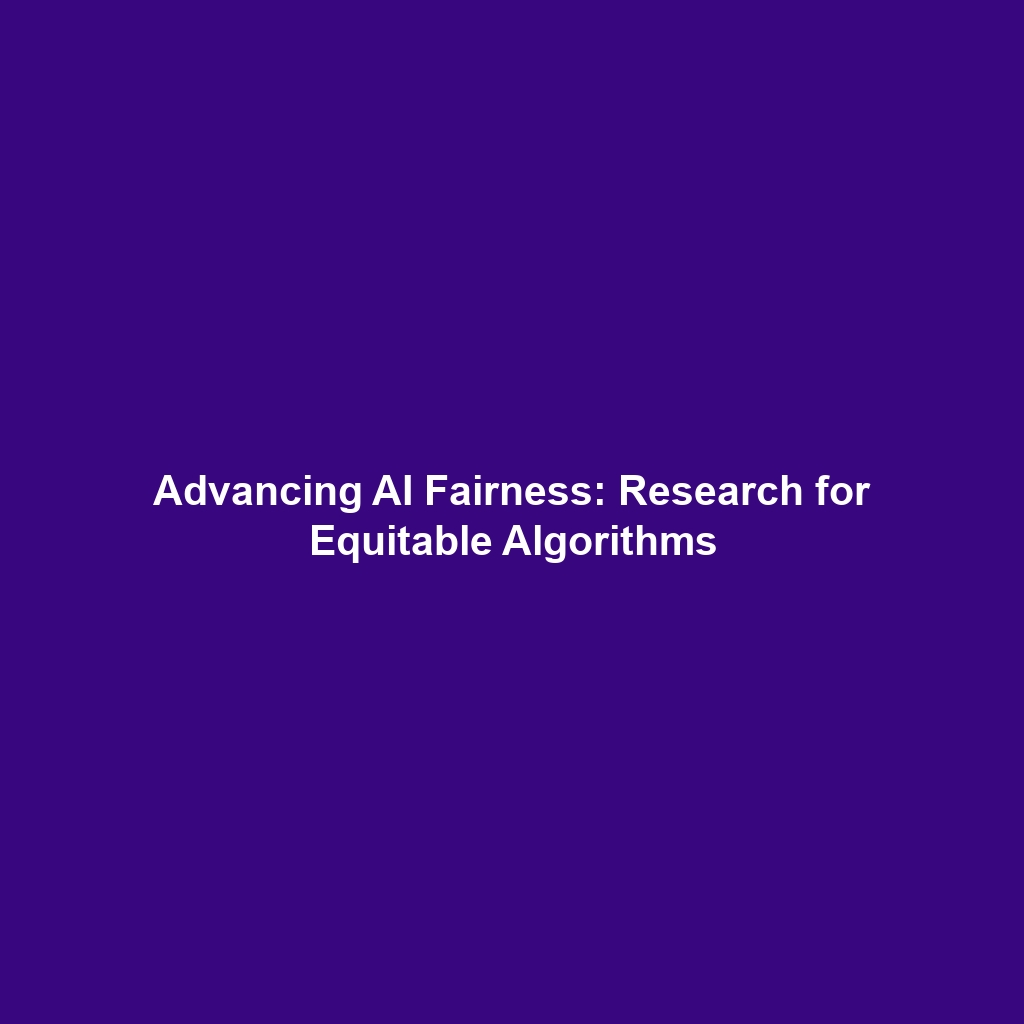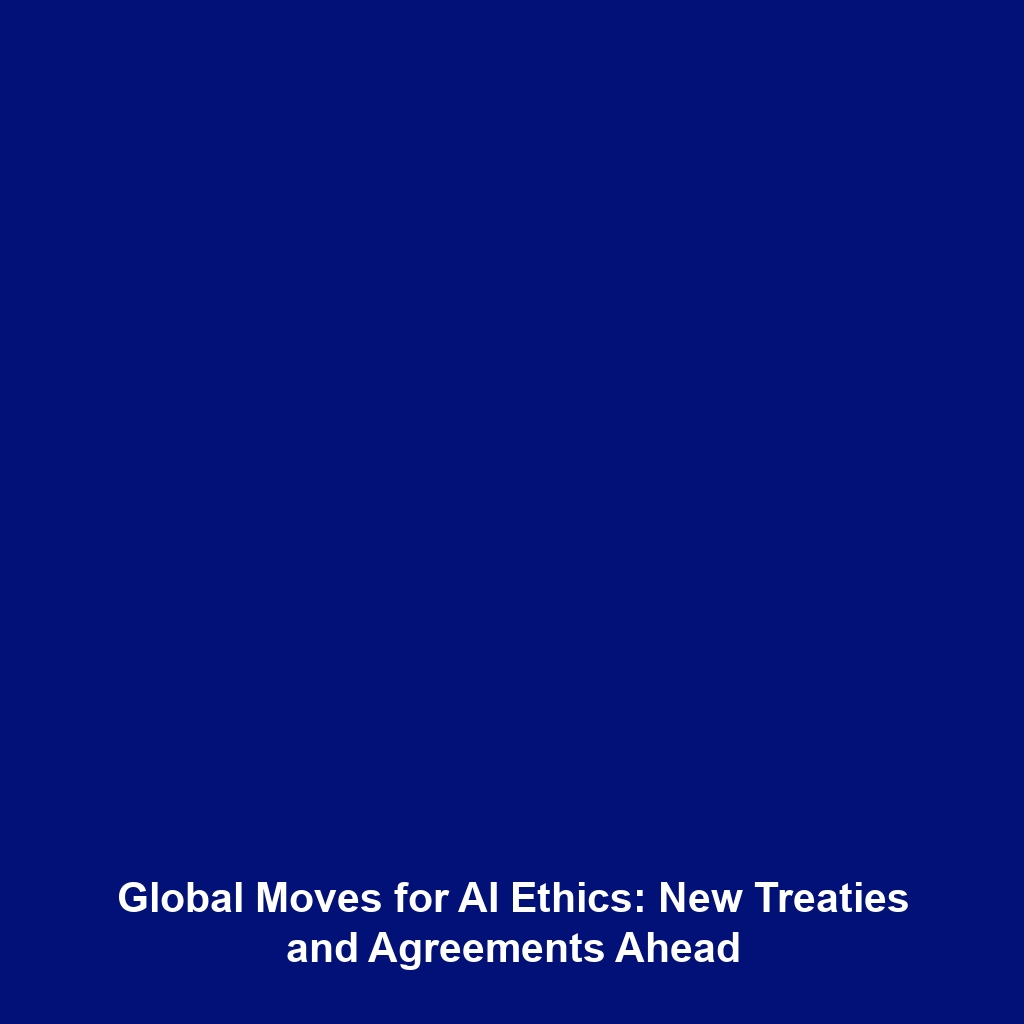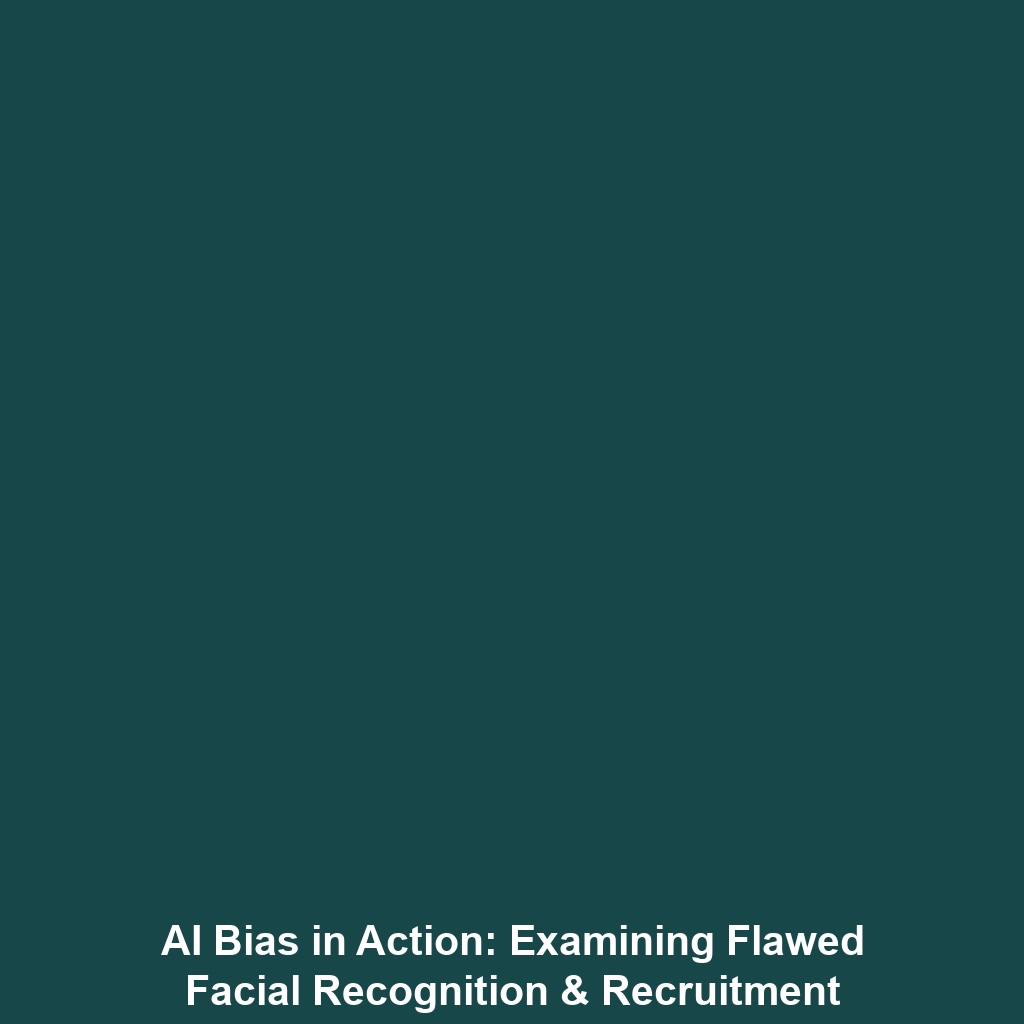Early Ethical Questions in Technology and AI Ethics
Introduction
The dawn of automation and robotics has ushered in a plethora of ethical questions that require urgent attention. These early ethical questions in technology not only reshape our understanding of AI Ethics but also challenge our moral frameworks as we integrate machines into our daily lives. As we confront automation’s consequences—both positive and negative—it becomes crucial to address these ethical dilemmas to guide future innovations responsibly. This article delves into the significant ethical considerations surrounding automation and robotics, offering insights into their implications for society.
Key Concepts
Ethics of Automation
The ethics of automation refers to the moral implications of deploying automated systems that replace human jobs or decision-making processes. Concerns surrounding accountability, transparency, and the impact on employment are at the forefront of these discussions.
Early Robotics
Early robotics has raised significant ethical questions, especially in terms of autonomous decision-making and the potential for harm. As robots began performing tasks traditionally executed by humans, issues of liability, safety, and efficacy emerged, prompting rigorous ethical scrutiny.
Applications and Real-World Uses
The applications of early ethical questions in technology are evident across various sectors:
- Manufacturing: Automation has revolutionized assembly lines, improving efficiency but raising job displacement concerns.
- Healthcare: Robots assist in surgeries and patient care, necessitating discussions around patient autonomy and consent.
- Transportation: Self-driving cars pose ethical dilemmas regarding decision-making in life-or-death scenarios.
Current Challenges
Understanding and addressing the challenges of early ethical questions in technology entails recognizing the following limitations:
- Rapid Technological Advancement: The pace at which technology evolves can outstrip existing ethical guidelines.
- Lack of Consensus: Diverse opinions on ethical standards create confusion and inconsistency.
- Public Perception: Misunderstanding or fear of technology can hinder constructive dialogue.
Future Research and Innovations
Future innovations in the realm of early ethical questions in technology and AI Ethics are promising. Research is focusing on:
- Ethical AI Development: Creating frameworks that ensure AI systems are designed with ethical considerations in mind.
- Human-Robot Interaction: Enhancing the understanding of how humans and robots can coexist safely and ethically.
- Policy Frameworks: Developing robust guidelines that advocate for responsible innovation and accountability.
Conclusion
In summary, early ethical questions in technology—particularly concerning the ethics of automation and early robotics—play a pivotal role in shaping the future of AI Ethics. As we continue to innovate, it is our responsibility to address these ethical dilemmas thoughtfully. To stay informed on this evolving topic, follow our resources on AI Ethics and Automation Ethics.
